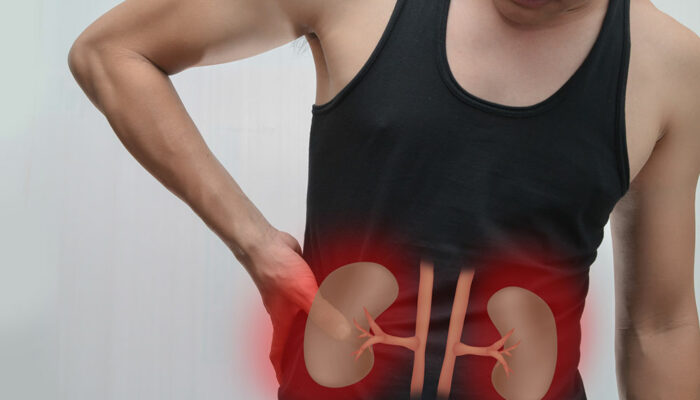
Early Warning Signs of Hepatitis C
Hepatitis C is known for being a severe disease. It might not cause any symptoms until the time it reaches a chronic stage. Therefore, to prevent any severe damage to the liver, it is important to know the early and common symptoms of hep C. So, to get timely treatment, here are the symptoms you should know.
Early signs and symptoms of acute hepatitis C
Hepatitis C is referred to as acute hepatitis C. In some cases, there might not be any symptoms at all, and hence, this condition might go unnoticed. In others, the symptoms might be similar to that of the flu. If the symptoms do occur, they can include the following:
- Pain in the belly
- Clay-colored stool
- Dark-colored urine
- Tiredness
- Fever
- Pain in the joints
- Loss of appetite
- Vomiting
- Nausea
- Jaundice
Once a person has been exposed to hep C virus, the symptoms can take anywhere between 2 and 12 weeks to show up.
Symptoms of chronic hepatitis C
In case the condition does not get timely diagnosis and treatment, a person can live with the illness for years. This is when the disease takes a chronic form. Sometimes, when hepatitis C has been affecting a person for a long time, it can lead to liver cancer or liver inflammation. This is referred to as cirrhosis of the liver.
Other than these, the common symptoms of hep C at this stage can include the following:
- The build-up of fluid in the belly
- Bleeding that occurs easily
- Getting bruised easily
- Slurred speech, confusion, and drowsiness – these are referred to as hepatic encephalopathy
- Rashes
- Itchiness of the skin
- Swelling in the legs
- Loss in body weight
Symptoms of liver cirrhosis caused due to untreated Hep C
When hepatitis C is left untreated for 20 to 30 years, it can cause scarring of the liver, referred to as cirrhosis. This cirrhosis of the liver can cause the following symptoms:
- Water retention in the body
- Easy bleeding
- Easy bruising
- Jaundice that causes the eyes and the skin to turn yellow
What are the risk factors of Hep C?
According to the task force of the U.S Preventive Health Services, every adult born between 1945 and 1965 should get tested for the disease regularly. It should be done by everyone, regardless of their symptoms. People who are at a higher risk of developing the disease include:
- Those who got a blood transfusion before 1992
- Those who use needles to inject illegal drugs
- Those who snort illegal drugs
- Those who have to work around needles and blood
- Those who are on a dialysis
- Those who have multiple sex partners or are at risk of being exposed to STDs
- Those whose partner or spouse have the disease
- Those who have piercings or tattoos on the body



